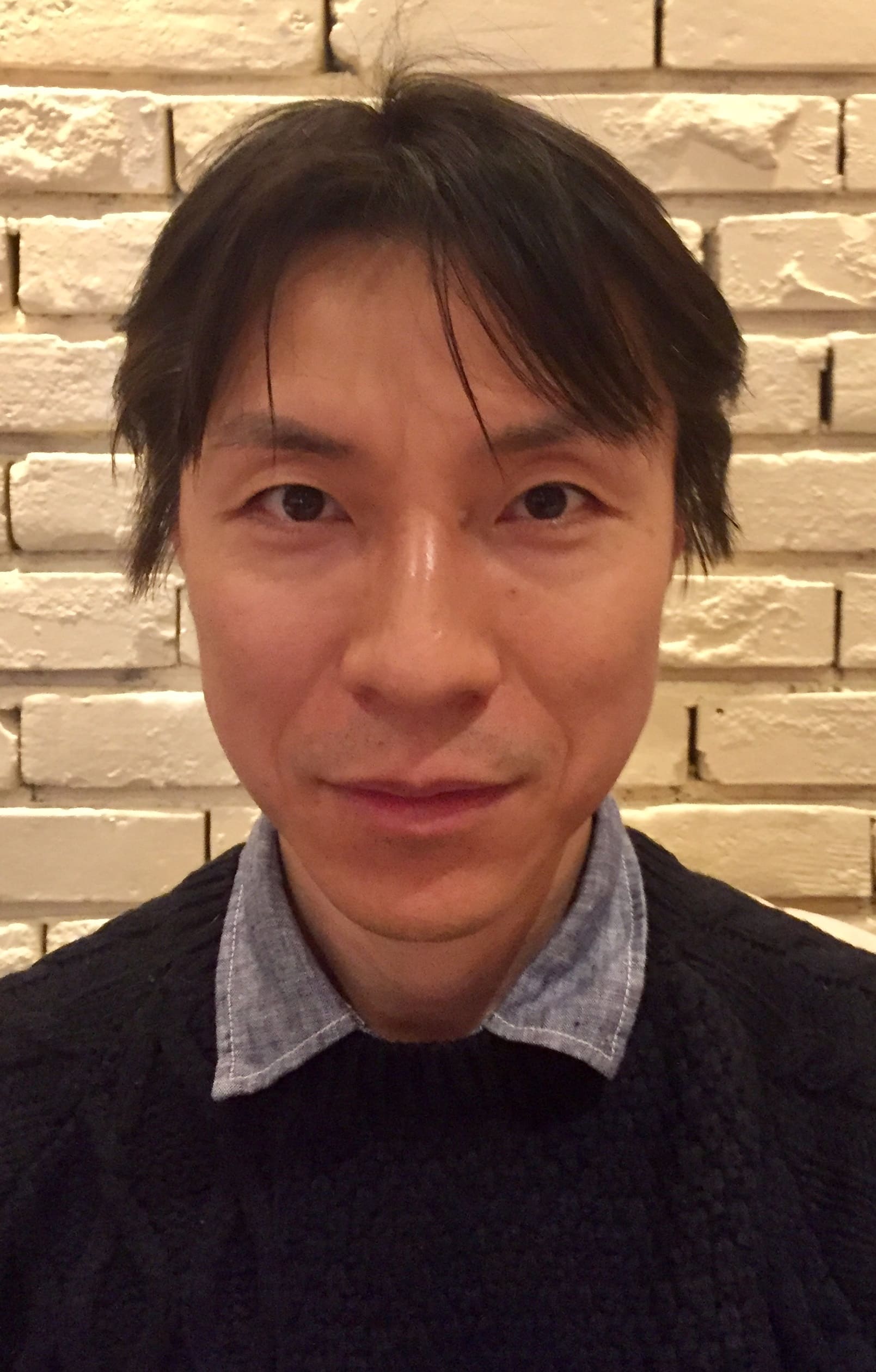オメガ3脂肪酸の新たな効能
最近の研究によると、フィッシュオイルに含まれるオメガ3脂肪酸が、小児性鬱(うつ)病の症状を緩和するそうだ。
米国の統計では25~50人に1人の子供が小児性鬱病であるとされ、その患者数は近年伸び続けている。小児性鬱病はドラッグ等の乱用に発展する恐れもあり、治療には殆ど例外なく「選択的セロトニン再吸収阻害物質 」を投薬される傾向にある。しかし、実際には20%以上の患者が、異常な興奮状態や睡眠障害などの副作用を訴えているだけでなく、これらの薬の使用が、時には自殺願望や自殺行為に繋がる事例も報告されている。
今回の研究では、6歳から12歳までの小児性鬱病患者を、無作為にオメガ3脂肪酸グループ(オメガ3グループ)と偽薬グループの2グループに分けた。まずオメガ3グループでは、子供たちにEPA400mgとDHA200mgを毎日摂取させた。ちなみにこのEPAとDHAの量は、フィッシュオイル約2g中の含有量に相当する。一方の偽薬グループでは、同量のプラシーボを子供たちに毎日与えた。この結果、16週後にはオメガ3グループの70%の子供たちに50%以上の病状改善が確認された。また、完治した患者は、グループ全体の40%にまで達したのである。なお、偽薬グループで改善の兆しが見られた患者は皆無だった。
オメガ3脂肪酸が小児性鬱病の症状をどのように緩和するかという科学的なシステムは、未だ解明されてないが、現時点ではEPAの働きが効果をもたらしているのではないかと推測されている。
Omega-3 Fatty Acids: Effective Treatment for Childhood Depression
According to a current study, omega-3 fatty acids found in fish oil can relieve childhood depression.
It is estimated that 2 to 4% of children in the U.S. suffer from depression, and the number has been increasing. Considering the risk of substance abuse and suicide, childhood depression is always treated with SSRIs. However, more than 20% of the patients experience side effects from the drugs, such as agitation and sleep disturbances, and their use sometimes lead to suicidal thoughts and suicide attempts.
In this study, children with depression between ages 6 and 12 were randomly divided into two groups, an omega-3 fatty acids group (O-3 group) and a placebo group (P group). The children in the O-3 group were assigned to take 400 mg of EPA and 200 mg of DHA, which are contained in about 2 g of fish oil, per day. On the other hand, those in the P group took the same amount of placebo every day. After 16 weeks, the depression of those in the O-3 group improved by more than 50% in 70% of the subjects. Moreover, the depression of 40% of those in the group was resolved completely. In contrast, none of the children in the P group experienced certain improvement.
Though it has not been determined how omega-3 fatty acids work to relieve childhood depression, EPA seems to be the main cause for the beneficial effect.
REFERENCES
Hanah Nemets, and others. (June 2006). Omega-3 treatment of childhood depression: A controlled, double-blind pilot study. The American Journal of Psychiatry, Retrieved Aug 02, 2006, fromhttp://ajp.psychiatryonline.org/
伊藤正男・井村裕夫・高久史麿 『医学書院 医学大辞典』 東京:医学書院, 2003年.








